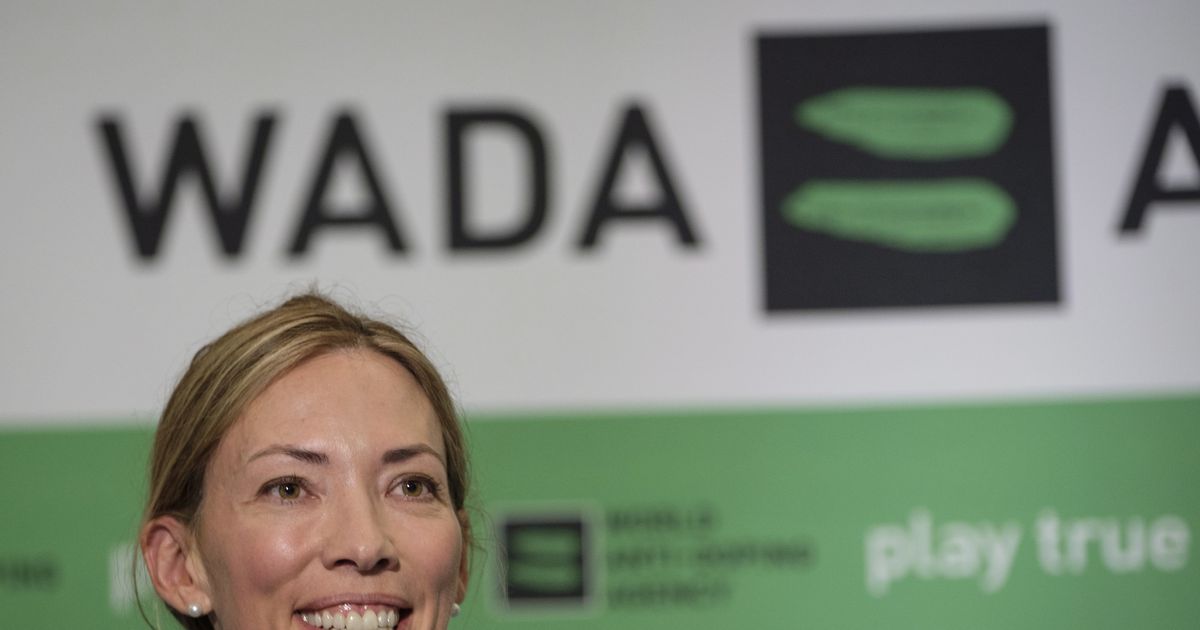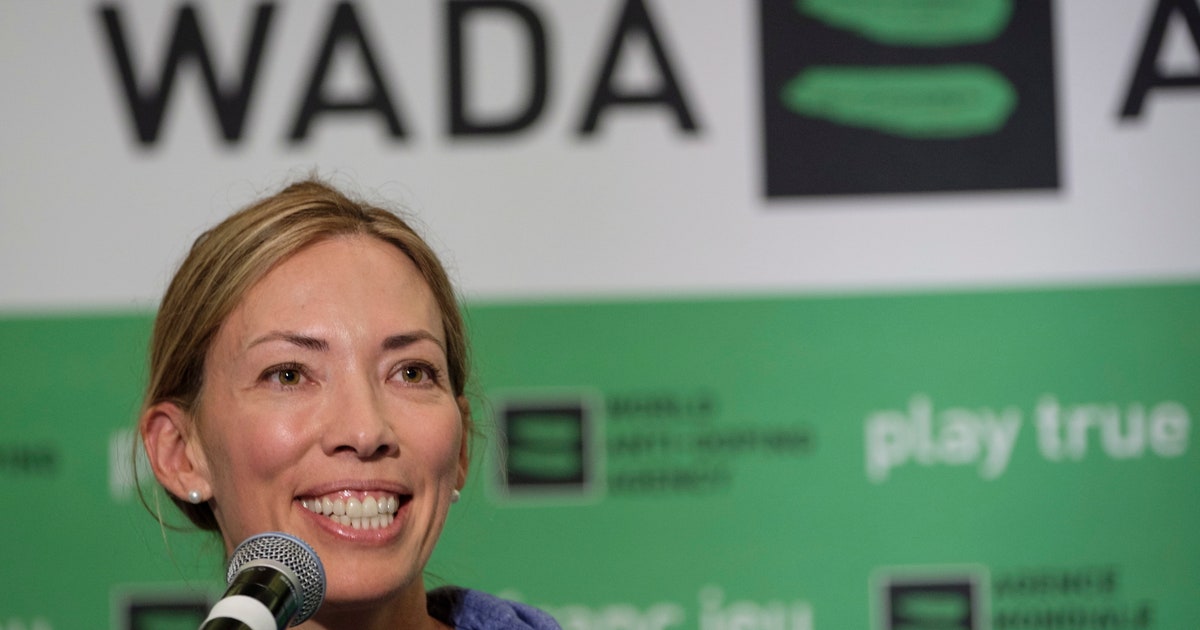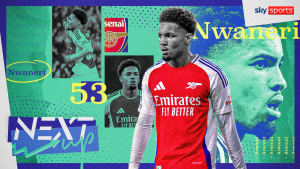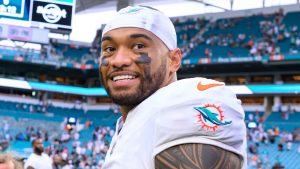WADA bullying probe once again done without victim’s input


Along her journey in the fight for clean sports, Beckie Scott has been cheated, harassed, bullied and brushed aside.
The next step on that journey will conclude when the results of an investigation that stemmed from her most-recent experience are revealed at the World Anti-Doping Agency meetings this week.
Last fall, the Canadian Olympic gold medalist, who serves as the chair of WADA’s athlete committee, leveled allegations of bullying against two members of WADA’s executive committee. WADA leaders had grown frustrated by Scott’s outspokenness — and, specifically, by her refusal to go along with plans to reinstate Russia’s banned anti-doping operation in the aftermath of a scandal that torched the Olympic drug-fighting system.
Scott cried foul, and WADA’s handling of the aftermath has, according to the agency’s critics, included a litany of missteps, broken rules and glossed-over protocols.
The latest report, due to be delivered this week at a WADA board meeting, is being produced by a law firm, Covington and Burling LLP, that has longtime ties to WADA. The firm’s lawyers received a letter last month from Scott’s attorney notifying them that she would not participate in the investigation because of disagreements over how the probe was being conducted.
Among the issues raised by Scott’s attorney:
—WADA hired Covington and Burling to look into the matter without any official vote of its own executive committee.
—The law firm’s previous work for WADA.
—Lack of an understanding about the “terms of reference” or scope of the investigation.
—No opportunity for Scott’s lawyer to ask questions to witnesses.
WADA has defended its handling of the investigation and insisted Covington has run the probe free from the agency’s input, and has not been guided in any way regarding who to interview or what questions to ask.
In addressing the procedure by which Covington was hired for this project, WADA spokesman James Fitzgerald said no members of the executive committee objected to the firm being chosen and that, “in order to ensure that the investigation was independent and unbiased, neither the accusers nor the accused were involved in selecting the independent investigator.”
Fitzgerald said “it is our understanding that some of the demands Ms. Scott’s … lawyer has made in terms of the manner and conduct of the investigation are unprecedented and would defeat the entire purpose of an independent investigation.”
The Covington and Burling probe comes after an initial report commissioned by WADA, and conducted by a different firm, relied on tapes and written transcripts of what happened at an Executive Board meeting in Seychelles, where the board rubber-stamped a decision to reinstate Russia . Scott was never contacted for that probe, which has only heightened her sense of mistrust in WADA’s process.
The first investigation came after Scott had resigned from WADA’s compliance review committee — the body that recommended Russia’s reinstatement — and had gone public with her outrage over the decision.
Scott was present at the board meeting in Seychelles where, according to people familiar with the incident, she was harassed and snickered at, both during the official sessions and out in the hallways.
In an interview with BBC last October, Scott said she “was treated with a level of disrespect and comments and gestures that were inappropriate, and indicative of a general attitude of dismissal and belittling of the athlete voice at the table.”
She said the belittling came from “members of the Olympic movement who are members of the WADA Executive Committee” and that nobody in a position of power in the board room stepped in to stop the behavior.
Scott declined an interview request from The Associated Press for this story.
Covington and Burling has been working on the probe for about five months. The firm is well-versed in these type of investigations; it worked on cases involving harassment at Uber and CBS.
Scott, meanwhile, is no stranger to these sorts of problems.
Scott received her gold medal for cross-country skiing at the 2002 Olympics more than two years after the event — at a ceremony in an art gallery in Vancouver — and only after the top two finishers, both Russians, had been disqualified for doping.
Preventing those sort of injustices drove her to represent athletes on the global level, but she has been met with steady resistance along the way.
One of her first major moments on that stage came in November 2015, shortly after the initial threads of the Russian doping conspiracy were revealed among the country’s track team. In a presentation made by teleconference to the WADA board, Scott called for an expansion of the probe beyond only athletics.
Her plea was largely dismissed; WADA president Craig Reedie’s initial response had to do with the lack of funding to widen such a probe.
But Scott was on the right path. Six months later, whistleblower Grigory Rodchenkov, the one-time director of the Moscow anti-doping laboratory, helped expose an even deeper scandal that touched all sports, and WADA did end up expanding the investigation, the results of which led to more severe sanctions that many critics still felt weren’t harsh enough.
Scott is expected to be on hand at this week’s meetings.
Her term on the athletes’ committee ends later this year.







